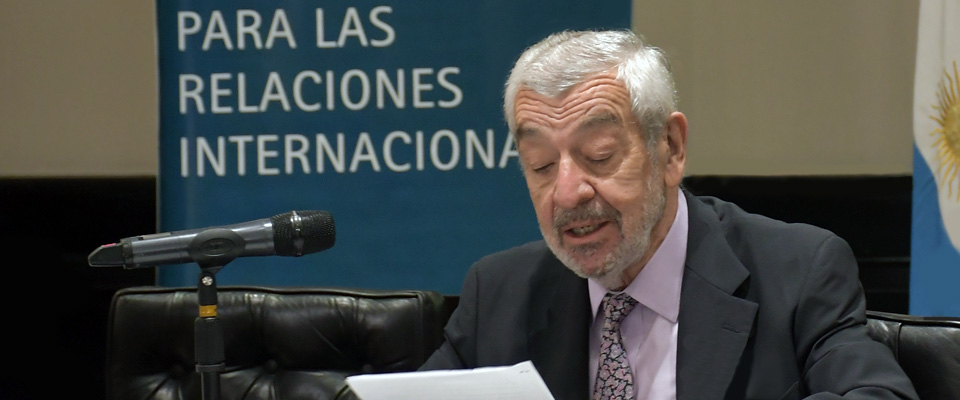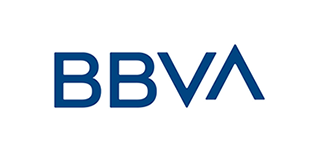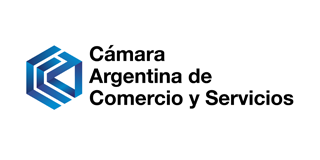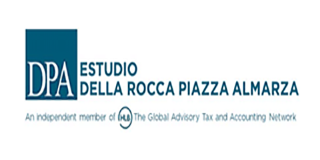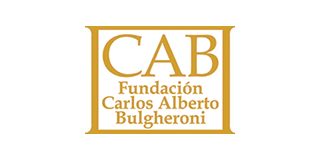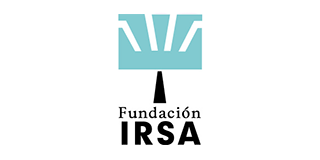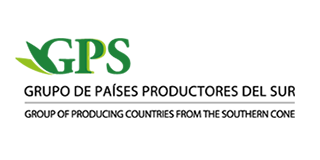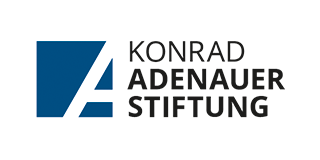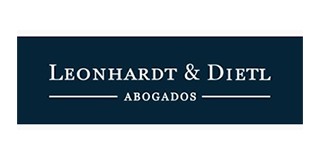The Club of Rome and the Limits to Growth
Por Mariano Caucino, 12 de abril de 2020
One possible interpretation of the COVID-19 global drama might be that this terrible pandemic is a sort of answer from Nature in the face of human inability to prevent and reduce environmental damage. A self-inflicted economic depression as a result of extended quarantines would be generating some form of natural correction in the planetary cycle. It is an idea. I am not sure if it is right or wrong. We simply don´t know. But this possible explanation of the facts reminds me of past events.
It was at the beginning of 1968 when a group of scientists, businessmen, academics and diplomats were invited by the Italian industrialist Aurelio Peccei and the Scottish scientist Alexander King to a meeting in the Accademia dei Lincei, in a sixteenth century palazzo of Villa Farmesina, in the Italian capital. This became known as the Club of Rome.
The purpose of the meeting was to share ideas about worldwide changes that were taking place as a consequence of human activity. At the time, it was an early warnings concerning the environment. Peccei observed that many of the problems troubling humankind, such as environmental decline, poverty, excessive individualism, crime and endemic diseases, were interconnected. Peccei´s speech caught the attention of then US Secretary of State Dean Rusk who had it translated into English. This was the original dissemination of the ideas in Washington DC.
Peccei was an antifascist businessman who had avoided persecution by the Italian authorities during World War II and played a central role in the rebuilding of Fiat. In the sixties he went to Argentina where he was among the founders of Fiat Concorde. Later he was Olivetti´s CEO. King, on his part, became the head of the European Productivity Agency and general director for scientific affairs at the OECD.
But the Club of Rome’s became famous four years later when its report on “The Limits to Growth” (1972) was published. Controversially, the report pointed out that the temperature of the Planet would rise approximately two degrees Celsius by 2052 and that between 2008 and 2020 the world would achieve its maximum production level according to the available natural resources. The Club of Rome warned about global alterations that would affect the whole of humankind. At the time, some of its warnings were dismissed as outlandish.
Harvard graduate and expert on Environmental Sciences Donella Meadows was the project leader of the 1972 “The Limits to Growth” report based on the scientific model designed by Jay Wright Forrester, an MIT engineer. A number of warnings were contained in the report about the planet´s capacity to resist unlimited economic expansion. At the same time, “The Limits to Growth” indicated that in case of a persistent increase in the world population and current industrialization levels, with its resulting air contamination, material restrictions to this expansion will appear, sooner or later. The Report’s conclusions suggested controversial initiatives such as recommendations for zero-growth.
In that year of 1972, the first Environmental Summit took place in Stockholm giving birth to World Environment Day on June 5. Almost simultaneously the UN created its Environmental Program (UNEP) and and US President Richard Nixon proposed the establishment of Environmental Protection Agency. Some months later geopolitics intervened when, as a consequence of the Yom Kipur War between Israel and Egypt and the Arab states (October 1973) the price of the barrel of oil soared from 3 to 10 dollars per barrel, triggering a severe recession in developed countries. During the following decades, “The Limits to Growth” conclusions were rejected by members of the scientific community and new formulas for sustainable development were prescribed. Hyper-protectionism was catalogued as fundamentalism and decribed as simplistic.
In recent years, a huge debate came back concerning primarily Climate Change and Global Warming. Governments around the globe adopted different stands from alarmist to negationism with worldwide efforts as the 2015 Paris Agreement (UNFCCC).
Since its foundation in 1968 the Club of Rome admitted different types of membership. Its website proudly exhibits having among its honorary membes celebrities such as Queen Beatrix of the Netherlands, India´s former prime minister Manmohan Singh, former European Commision Head Jacques Delors, former President of Brazil Fernando Henrique Cardoso, former Czech President Vaclav Havel, former German President and IMF Head Horst Kohler, Rigoberta Manchu, former President of Uruguay Luis Lacalle Herrera, King Juan Carlos of Spain and the last Soviet Union Secretary General Mikhail Gorbachev.
During the last five decades, The Club of Rome and its “Limits to Growth” report stimulated debates and discussions relating to these concerns.
Today, when we are all facing a global challenge derived from a worldwide pandemic, and when sovereign states all around the globe seem to be running after the events, the 1968 Club of Rome warnings make us think again. Many believe that the COVID -19 challenge may provoke deep changes to humankind in the years to come. In the past weeks we have read and heard all sorts of speculations and interpretations of this phenomenon. Is COVID 19 a warning, a call from Earth in the face of inability to manage our natural resources? Or is COVID -19 a sort of natural correction like so many in our past history, and if this is the case, will the human race be saved at the cost of an economic Ice Age? Or, as many indicate, a return to the Middle Ages in which our fears dominate our souls and the civilizing triumphs of freedom are sacrificed in the search for health security? Too many questions in the face of so many uncertainties.
The founders of the Club of Rome might have been solitary prophets, rebellious crusaders that tried to make humankind aware of the inevitable path to suicide, or no more than neo-Malthusian amateurs recycling old and rejected theories. These are questions and worries emerging in these fateful days, dominated by anxieties and uncertainties.
Mariano Caucino was Argentine Ambassador to Israel (2018-2019) and Costa Rica (2016-2017).
